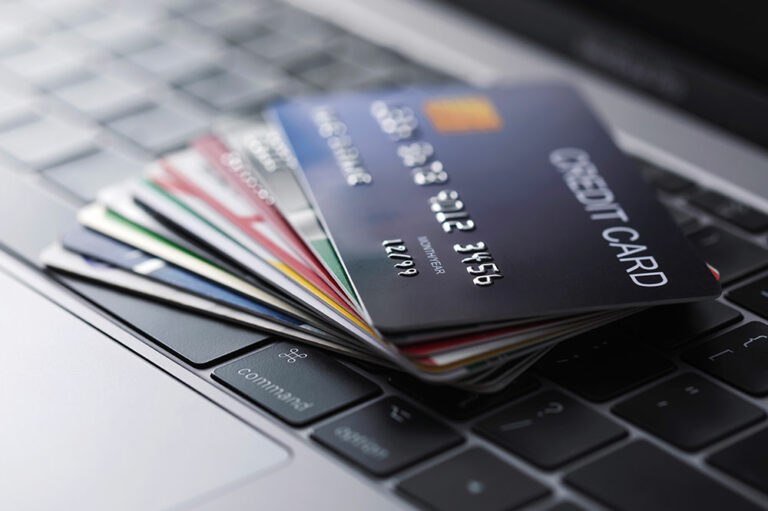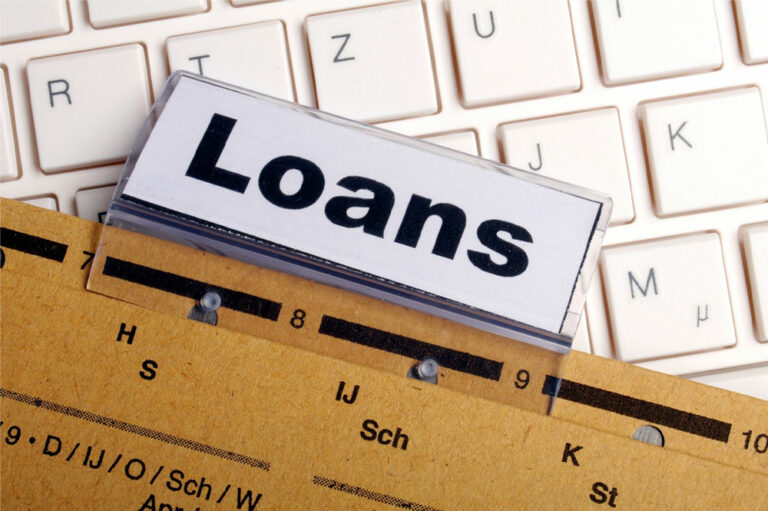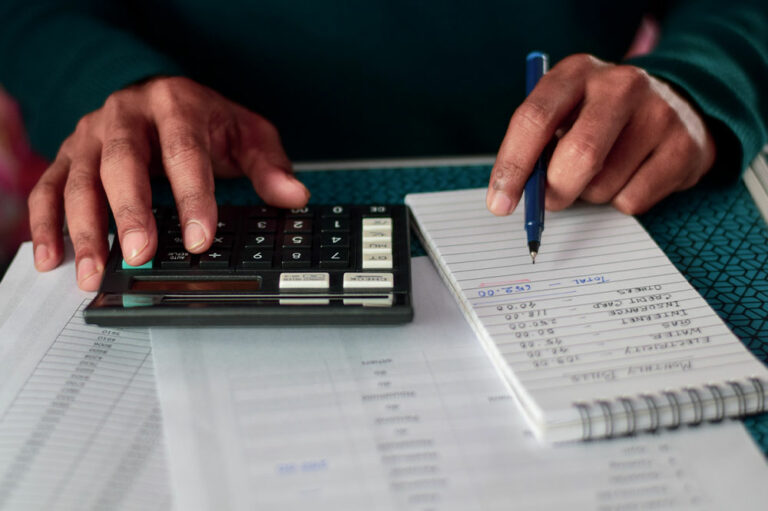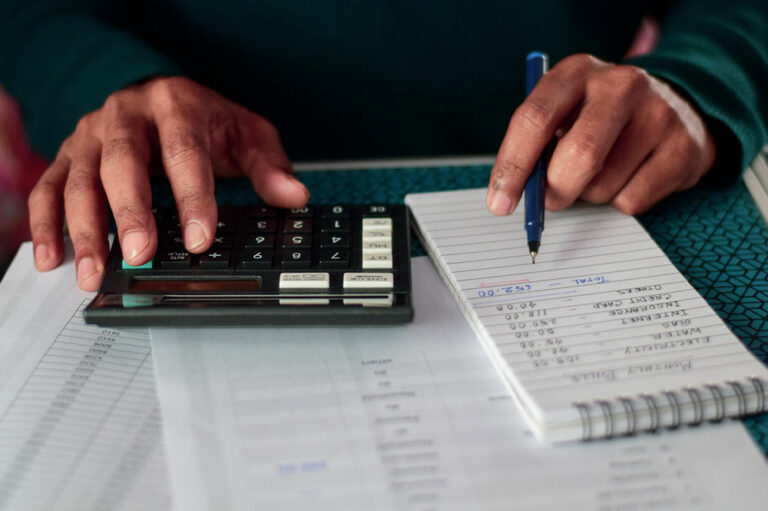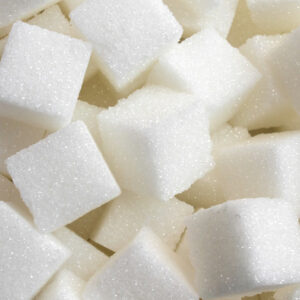
Pros and Cons of Investing in Gold and Silver
Although stocks and bonds are convenient investment avenues, they’re risky. Hence, many diversify their portfolio by also investing in precious metals like gold and silver. You don’t need to own these metals physically to invest in them because there are other secure and more liquid ways to do so. Here, we’ll discuss the pros and cons of investing in gold and silver. But first, let’s understand the differences between these metals and how to invest. Differentiating features of gold and silver A study by the World Silver Survey showed that almost half of the world’s silver supply is utilized in heavy industries and advanced technology like cell phones and solar panel cells. Because of a higher demand across major industries, silver is more likely to be impacted by the ups and downs of global economic fluctuations. This also makes it more volatile in price changes than gold. Gold has lesser uses than silver in industries and, hence, isn’t as impacted by economic fluctuations as other metals. This means its price remains relatively stable. Silver typically has a lower price per ounce than gold, making it more affordable for retail investors interested in owning precious metals as physical assets. How to invest in gold and silver?
Read More 
